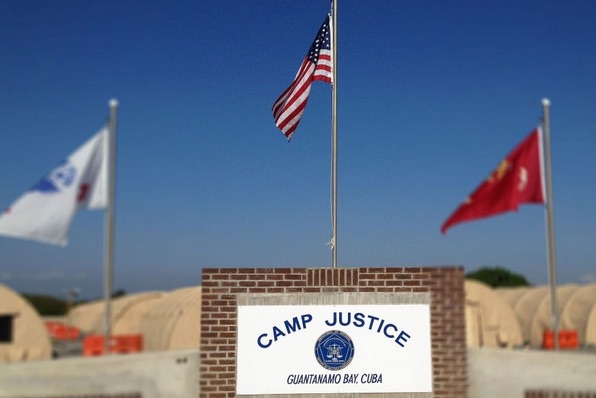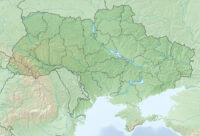Although President Biden has announced his intention to close the detention facilities at the Guantanamo Naval Base there have been some recent, deeply troubling developments in the ongoing military commission hearings at the base.
A decision last month in the case of Majid Khan chips away at rulings that might have provided Guantanamo detainees with greater rights to present evidence of their torture at the hands of the U.S. government. In June of 2020, a landmark ruling by Judge Watkins in the military commission gave Majid Khan the right to call witnesses from the C.I.A.’s rendition, detention and interrogation program to testify about how Khan was tortured. Khan pleaded guilty in 2012 to supporting al-Qaeda’s bombing of a nightclub in Indonesia that killed 11 people; he subsequently became a government witness and delayed his sentencing in exchange for the possibility of leniency. In May of this year, in an effort to speed up his sentencing and eventual release from Guantanamo for time already served, Khan had to agree to give up the right to question C.I.A. members. Whether other detainees will win the struggle to demand accountability for torture or whether the government will continue to enjoy impunity remains to be seen.
Then in a shocking ruling the case of Abd al-Rahim al-Nashiri, the alleged mastermind of the 3000 bombing of the U.S.S. Cole, a military commission judge, Army Col. Lanny Acosta, Jr. agreed that prosecutors could introduce evidence that the defense argues was obtained by torture in al-Nashiri’s pre-trial hearing. Were al-Nashiri to be facing prosecution in a federal court, this evidence would be thrown out as unconstitutional, immoral, and unlawful, but the proceedings at Guantanamo take place largely without public scrutiny and appear to be changing the rules.
An in-depth legal analysis of the two decisions on Just Security, concludes: “Coming back-to-back, these two developments are the most recent confirmation of something that Guantánamo-watchers have long understood: The government will go to any lengths to bury the truth about CIA torture, at the same time that it presses to use the fruits of that peculiarly noxious tree. At Guantánamo, it seems, evidence about torture is out; statements obtained by torture are in….”
Andrew P. Napolitano, a former judge of the Superior Court of New Jersey has written a scathing denunciation of the al-Nashiri ruling. He warns, “Torture is the ultimate triumph of the state over a person and the ultimate degradation of personhood. It is a complete rejection of the values of the Declaration of Independence and the Constitution. And it doesn’t work.”
While in person legal proceedings at Guantanamo have been on hold since February of 2020, they are scheduled to resume this July.



